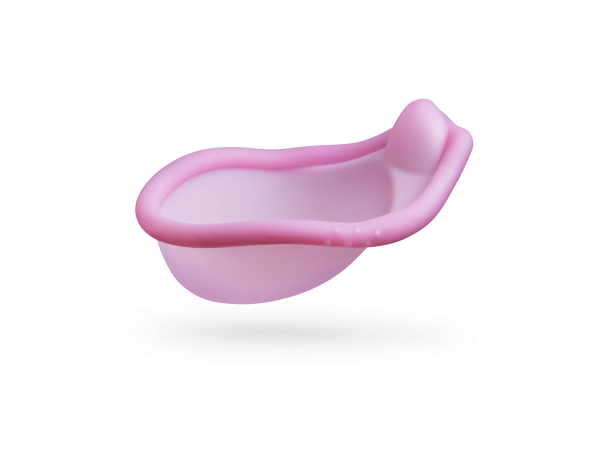A look at the different hormones and their effects
The female menstrual cycle is a fascinating and complex process that is controlled by various hormones. Every month, the female body goes through a series of changes that divide the cycle into different phases. Below we take a closer look at the different hormones that play an important role during the cycle and how they affect the female body.
The phases of the menstrual cycle
The menstrual cycle consists of four main phases: Menstrual phase, Follicular phase, Ovulatory phase and Luteal phase. Each of these phases is controlled by different hormones, which interact to regulate the entire cycle.

Oestrogen - the director of the menstrual cycle
Oestrogen is one of the most important hormones in the female body and is produced during the follicular phase (start of menstruation until ovulation). It has a variety of functions, including stimulating the growth and maturation of the egg, thickening the lining of the uterus and boosting libido. Oestrogen also has an effect on mood and energy during the cycle.
Progesterone - the pregnancy hormone
Progesterone is produced in the luteal phase after ovulation. It prepares the lining of the uterus for a possible pregnancy and ensures that a fertilized egg can implant in it. If pregnancy does not occur, the progesterone level drops and triggers menstrual bleeding.
Follicle-stimulating hormone (FSH) and luteinizing hormone (LH)
FSH and LH are so-called gonadotropins, which are produced by the pituitary gland. FSH stimulates the growth and maturation of the egg in the ovaries during the follicular phase. LH triggers ovulation and ensures that the mature egg is released from the follicle.

Hormonal balance and cycle regulation
A balanced hormone level is crucial for a regular and healthy menstrual cycle. Fluctuations or imbalances in hormones can lead to irregular cycles, mood swings, PMS symptoms and other hormonal issues.
A well-functioning hormone balance enables women to better understand their cycle and support it naturally. In the event of persistent irregularities or hormonal problems, it is advisable to seek professional medical support to determine the cause of a possible hormonal imbalance.
A conscious and informed understanding of your own body and menstrual cycle can help women to optimally support their health and fertility.

